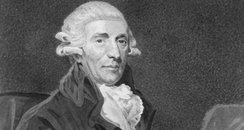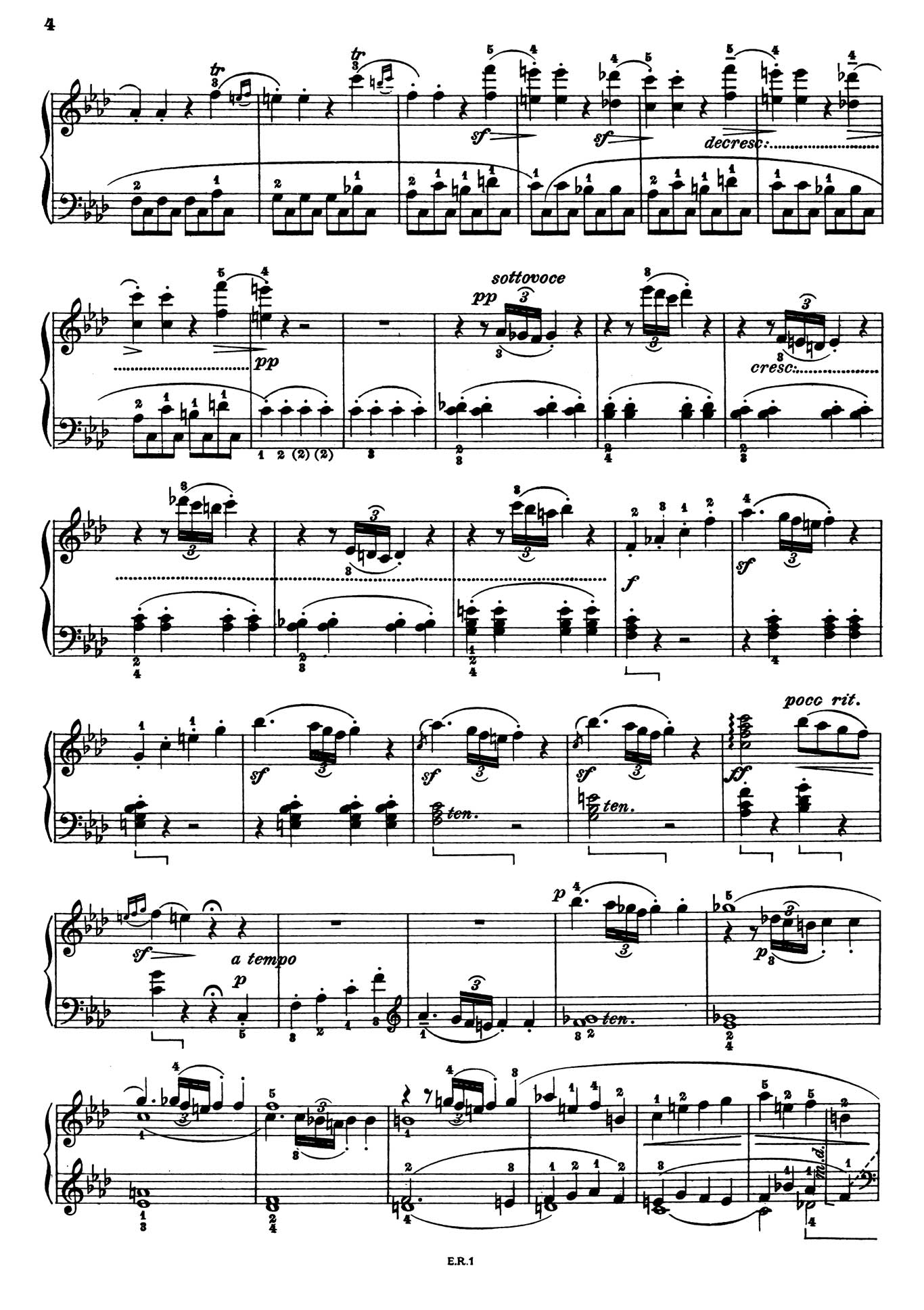

There is reason to think that Haydn's singing impressed those who heard him, because in 1739 he was brought to the attention of Georg von Reutter, the director of music in St. The people of Hainburg heard him sing treble parts in the church choir. He began his musical training there, and could soon play both harpsichord and violin. Life in the Frankh household was not easy for Haydn, who later remembered being frequently hungry and humiliated by the filthy state of his clothing.

Haydn therefore went off with Frankh to Hainburg and he never again lived with his parents. It was for this reason that, around the time Haydn turned six, they accepted a proposal from their relative Johann Matthias Frankh, the schoolmaster and choirmaster in Hainburg, that Haydn be apprenticed to Frankh in his home to train as a musician. Haydn's parents had noticed that their son was musically gifted and knew that in Rohrau he would have no chance to obtain serious musical training. According to Haydn's later reminiscences, his childhood family was extremely musical, and frequently sang together and with their neighbours. Neither parent could read music however, Mathias was an enthusiastic folk musician, who during the journeyman period of his career had taught himself to play the harp. Haydn's mother Maria, née Koller, had previously worked as a cook in the palace of Count Harrach, the presiding aristocrat of Rohrau. His father was Mathias Haydn, a wheelwright who also served as "Marktrichter", an office akin to village mayor.

Joseph Haydn was born in Rohrau, Austria, a village that at that time stood on the border with Hungary.


 0 kommentar(er)
0 kommentar(er)
